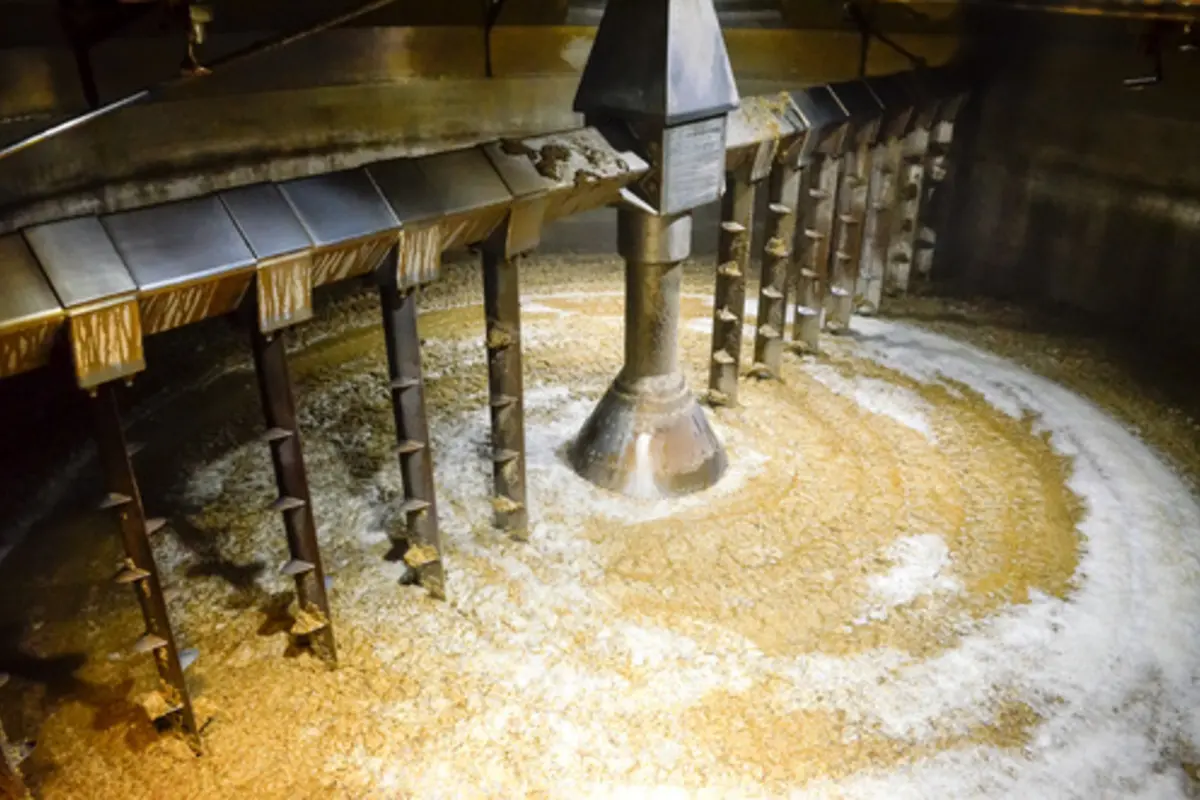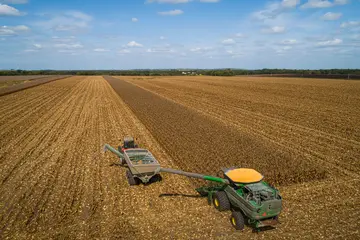Case study
Challenge: Something was making a regional brewer’s lautering process take much longer. And the brewer couldn’t produce the amount of beer required due to the longer brewing cycle time. Novozymes was asked to identify the cause of the bottleneck and recommend possible solutions.
Solution: We discovered that high amounts of hemicelluloses (b-glucan and arabinoxylan) were blocking the lauter tun. This resulted in decreased lautering performance and downstream inefficiency.
Based on the customer’s needs and process requirements, we recommended Ultraflo® XL for a faster, more effective and consistent lautering process. Filtration enzymes also allowed the brewer to increase the length of filtration runs and manage situations when malt quality was variable – while maintaining brewhouse efficiency. The decrease in the overall lautering time also resulted in lower energy costs.
Location: Asia-Pacific



